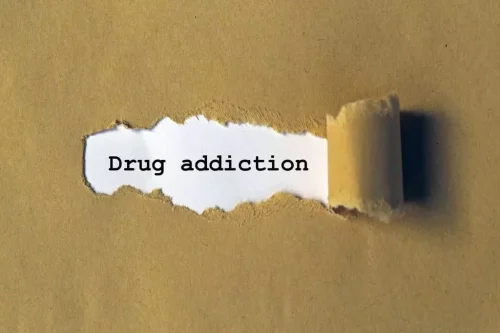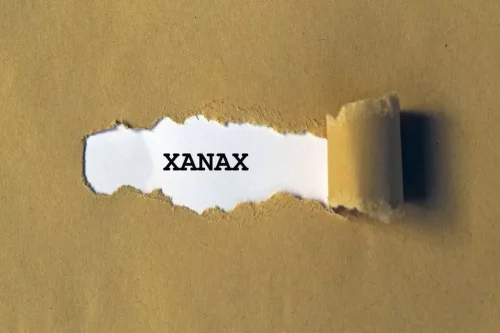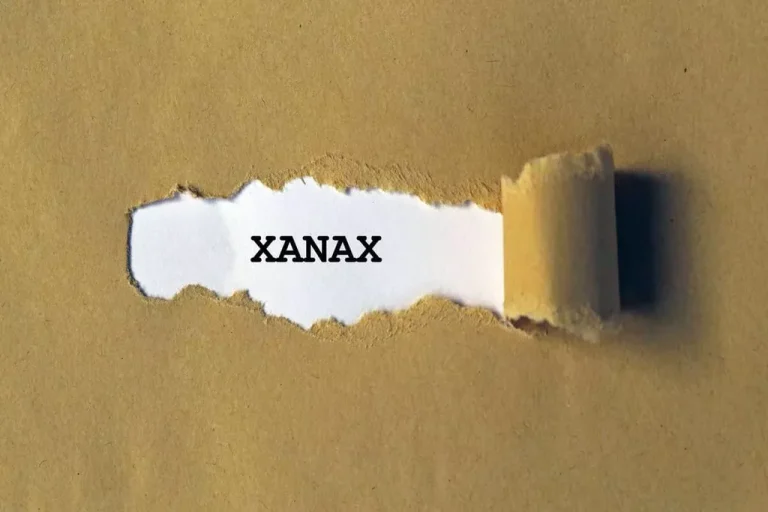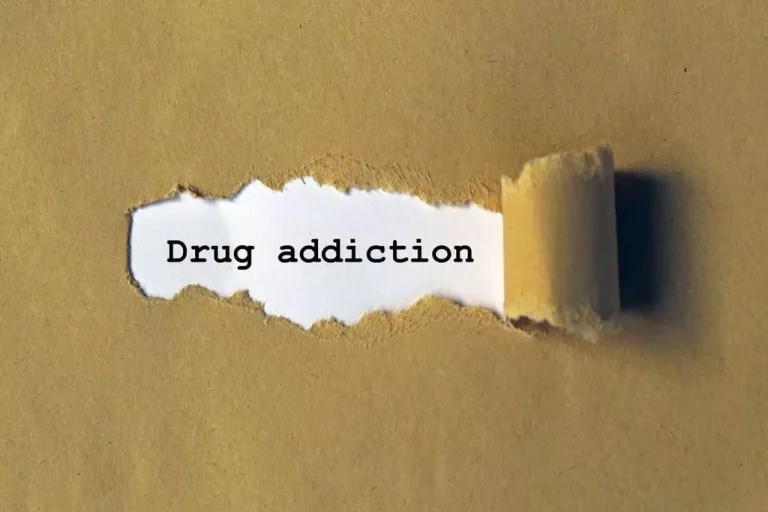Treatment and Recovery National Institute on Drug Abuse NIDA

Naltrexone, which is already used for treating opioid addiction, blocks opioid receptors in the brain and is proven to reduce cravings in some patients. Researchers have found that a combination of two medications is effective at treating meth addiction. Studies have shown that drug addiction can develop quickly among meth users who smoke and inject meth.⁶ Other types of ingestion methods include snorting and taking a pill.
What Happens During Meth Rehab?

Still unsure if you would like to attend a detox or rehab program? Take our free, 5-minute substance misuse self-assessment below if you think you or someone you love might be struggling with substance use. The evaluation consists of 11 yes or no questions that are intended to be used as an informational tool to assess the severity and probability of a substance use disorder. The test is free, confidential, and no personal information is needed to receive the result. To find effective treatment options near you, or to get a second opinion on whether you or your loved one may need addiction treatment, call our admissions navigators. We can quickly help you or your loved one understand your addiction treatment options, offer you further free resources, and assist you in determining your next best steps.
- For example, a person may feel compelled to gamble, despite harmful consequences, without ever using drugs or alcohol.
- When you stop using meth, though, your brain is left without enough dopamine or serotonin, causing withdrawal symptoms.
- Knowing the importance of therapy will help you to encourage your loved ones to seek professional assistance.
Approaches to Meth Addiction Treatment
- Many people use meth mainly to feel that initial rush of euphoria.
- Behavioral therapies can also enhance the effectiveness of medications and help people remain in treatment longer.
- Martinez, who has been in recovery for two years, now works with a Washington, D.C.-based group called HIPS helping others with meth addiction.
This includes their ability to socialize, their physical and mental health, and consequences at work, home, school, or with the law.2 There are many types of therapy available to effectively treat addiction. Researchers have begun testing drugs approved for other substance use disorders to treat people with methamphetamine addiction. Examples include naltrexone—which is used for the treatment of opioid use disorder—and bupropion, which helps people quit smoking. After discussion with you, your health care provider may recommend medicine as part of your treatment for opioid addiction.
What treatments are effective for people who misuse methamphetamine?

Using meth can also put the person at risk for a drug overdose, which is when the person consumes too much of a particular drug, resulting in a toxic reaction that causes severe symptoms or death. Its effects are similar to those of other stimulant drugs, such as cocaine. However, consistently using meth damages the brain cells that produce dopamine, which can make it harder for the person to achieve the same high over time. As a result, the person has to take the drug more frequently, consume increasingly higher doses, or constantly change the way they take it, in order to achieve the same effect.
This medication therapy provides another tool for doctors to try with patients. When diagnosing an SUD, a doctor may physically examine someone and discuss their medical history with them. A healthcare professional may wish to screen for psychiatric symptoms in order to rule out other disorders with similar symptoms. They may also discuss a person’s history of substance use with them. The term “addiction” describes a pattern of behavior rather than bodily processes, such as withdrawal. For example, a person may feel compelled to gamble, despite harmful consequences, without ever using drugs or alcohol.

How can addiction harm other people?

These facilities follow strict safety protocols and ethical guidelines. In that study, researchers led by Dr. Beth Han and NIDA Director Dr. Nora meth abuse D. Volkow examined methamphetamine overdose deaths in the U.S. between 2011 and 2018. They found that such deaths rose nearly 5-fold during that time among adults aged 25 to 54.

